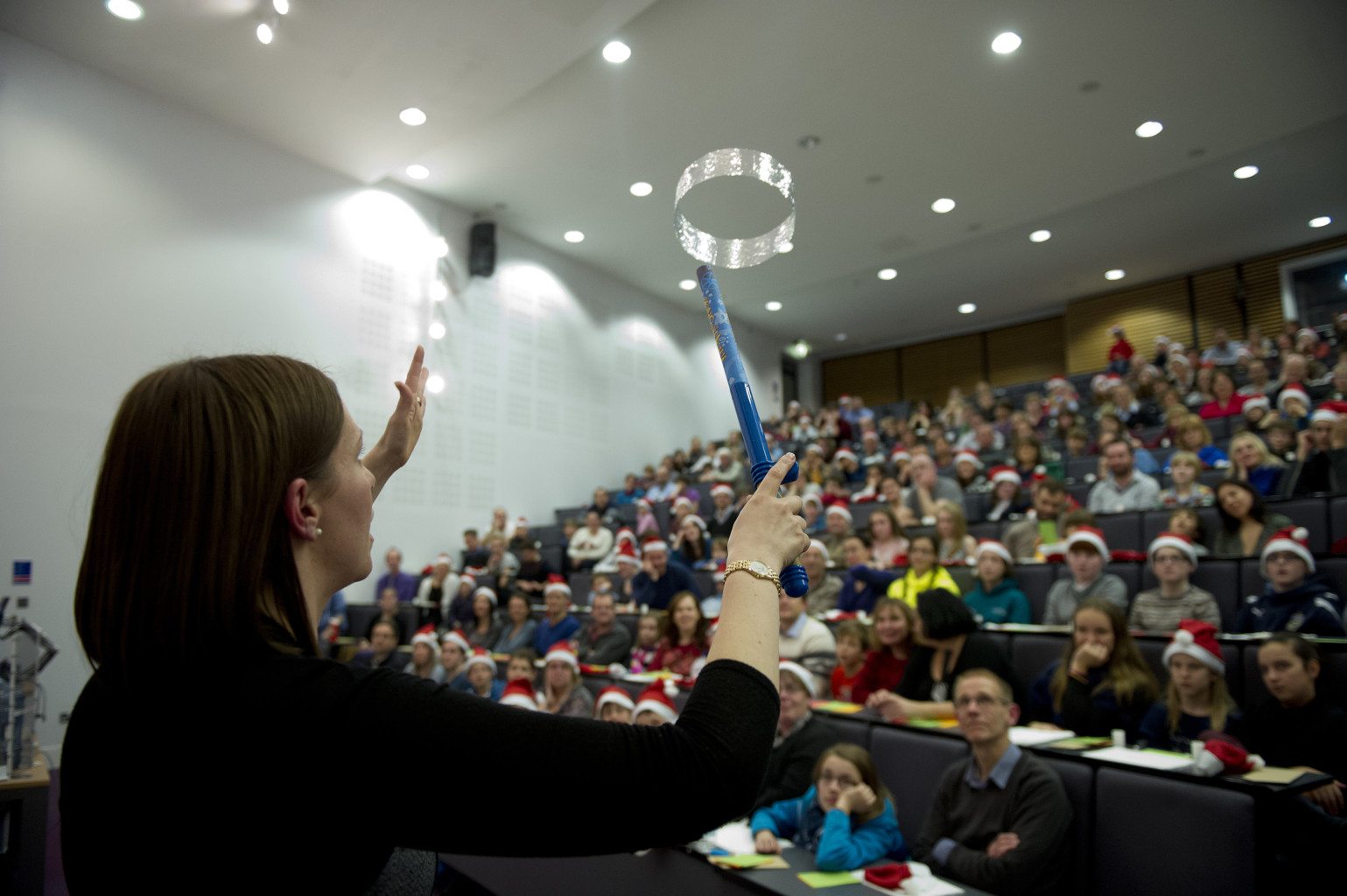Females make up 22 percent of UK university professors
While females make up 22 percent of professors in the UK, they make up 45 percent of all academic staff.
The gender gap is greater at Warwick: 19 percent of professors and 36 percent of academic staff are female.
In order to address gender inequality, especially in the science subjects, the University became a member of the Athena SWAN Charter in 2009.
The Charter recognises and celebrates good employment practice for women working in Science, Technology, Engineering and Medicine in Higher Education and attempts to address gender inequalities within disciplines.
Senior press and communications manager Kelly Parkes-Harrison said that the University has been very successful in this field so far with Athena SWAN Bronze Awards for Psychology, Life Sciences, Engineering, Mathematics, Statistics and WMG and Silver awards for Warwick Medical School, Chemistry and Physics.
A group of Cambridge University academics has called for a more inclusive recruitment process to increase the chances of female candidates to be selected.
The academics argued that “a broader, more inclusive approach to success and promotion, where other academic contributions, including teaching, administration and outreach work are valued, would make it easier for women to advance.”
First-year German and French student, David Brown said: “Naturally I think it’s a problem and would want to see a much more even split regarding the representation of women in Academia, but I don’t really know how the university should address the problem.”
Sandra Schmidt, a third-year Maths student, stated: “I think that it’s quite astonishing that the percentage of female academics is still that low.”
However, Ms Schmidt emphasised that qualification should take priority over gender: “If two people apply for a job, it is the better qualified person who should receive it, no matter whether the person is male or female.
“By favouring women, one can easily cause discrimination of males.”
Ms Schmidt also pointed out that the representation of women varied across subjects with the humanities departments employing a higher proportion of female professors and sciences departments performing relatively worse.
Biomedical sciences postgraduate student, Katleen Martens suggested that the issue was part of a larger societal problem.
“Women are still more responsible for their children and that is why they have to take a step back in their career.”
There were one third more female than male university applicants last year.

Comments (2)
“By favouring women, one can easily cause discrimination of males.”
Although I agree that women are severely underrepresented here, Sandra Schmidt is right to point out the danger of Positive Discrimination.
How many professors at Warwick are black.
Genuinely interested in a breakdown of professors/lecturer/ research
Based on
Ethnic background
.
I suspect, certain races, may be more represented, than women are under represented.
But it is simply a suspicion of mine.
since Warwick is the greatest uni in the worldm, with a multi cultural and accepting environment right